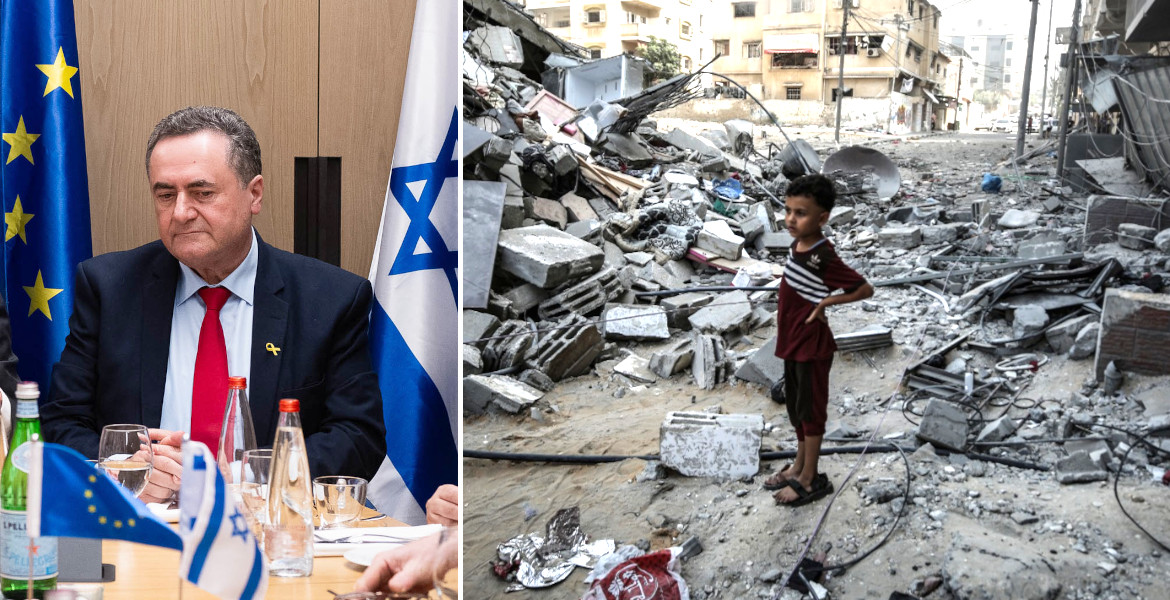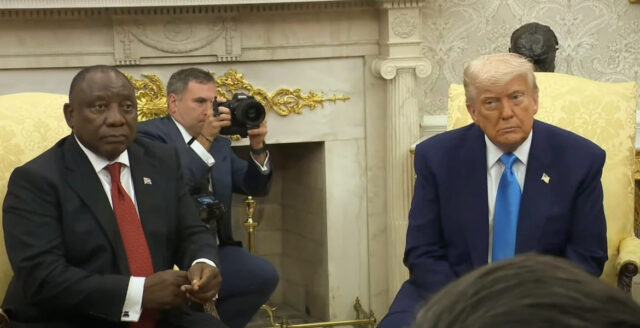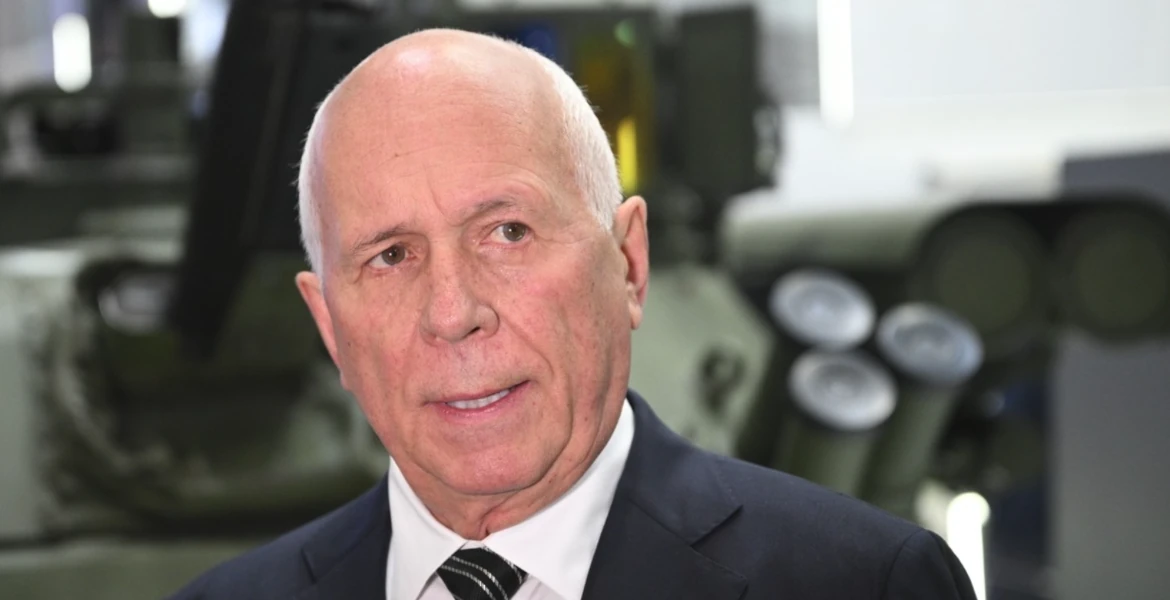The Netherlands' counter-terrorism authority has included Israel in its latest report as one of the state actors assessed to pose a threat to the country's security. The country is thus placed alongside Iran, North Korea and Turkey, among others.
The Netherlands' National Coordinator for Counterterrorism and Security (NCTV) published on July 17, 2025, its annual report "Assessment of threats from state actors 2025" (Beoordeling Dreigingen door Staatactoren 2025), where Israel is listed for the first time as a security-threatening actor.
Israel's placement on the list is linked to assessments that the country uses informal methods to influence public opinion and political decision-making in the Netherlands, reports The Jerusalem Post, among others.
The report refers specifically to an incident in Amsterdam in November 2024, when Israeli supporters of the football team Maccabi Tel Aviv were attacked. After the incident, a report was distributed from the Israeli side containing details about the suspects, including their names.
However, the report was not distributed through official diplomatic channels but was sent directly to selected politicians and journalists in the Netherlands. The NCTV emphasizes that this may have contributed to individuals being subjected to threats, intimidation or, in the worst case, attacks.
The report part of a broader analysis
In addition to the Amsterdam incident, the report also points to Israel's pressure on the International Criminal Court (ICC) in The Hague, Netherlands. The NCTV's assessment is that such methods can undermine the Netherlands' sovereignty and create division in the political and media landscape.
Israel is thus mentioned on two separate occasions in the report, which underscores the growing attention surrounding the country's active foreign policy and security-related influence within Europe.
In the report, Israel is classified alongside other countries such as North Korea, Iran, Russia and Turkey, all of which are assessed to use similar strategies to influence and destabilize foreign governments and societies.
However, Dutch authorities emphasize that the report is part of a broader analysis of international security threats and does not necessarily imply diplomatic action against Israel at present.
Israel's growing influence causes concern
In addition to the report, there are analysts who believe that the ongoing Gaza war should also be seen as a cause of the deteriorating relationship between the two countries. The Netherlands is one of few Western countries that has advocated a more critical stance toward Israel's actions.
The international community is monitoring developments, where some European countries have expressed concern about Israel's growing influence in democratic processes on the continent. On the other hand, continued diplomatic channels and talks exist to reduce tensions.
The Netherlands' latest threat report is a clear example of how European security authorities are broadening their assessments of potential threats – beyond the traditional picture – and ensuring that indirect and informal influence methods are also brought to attention.





